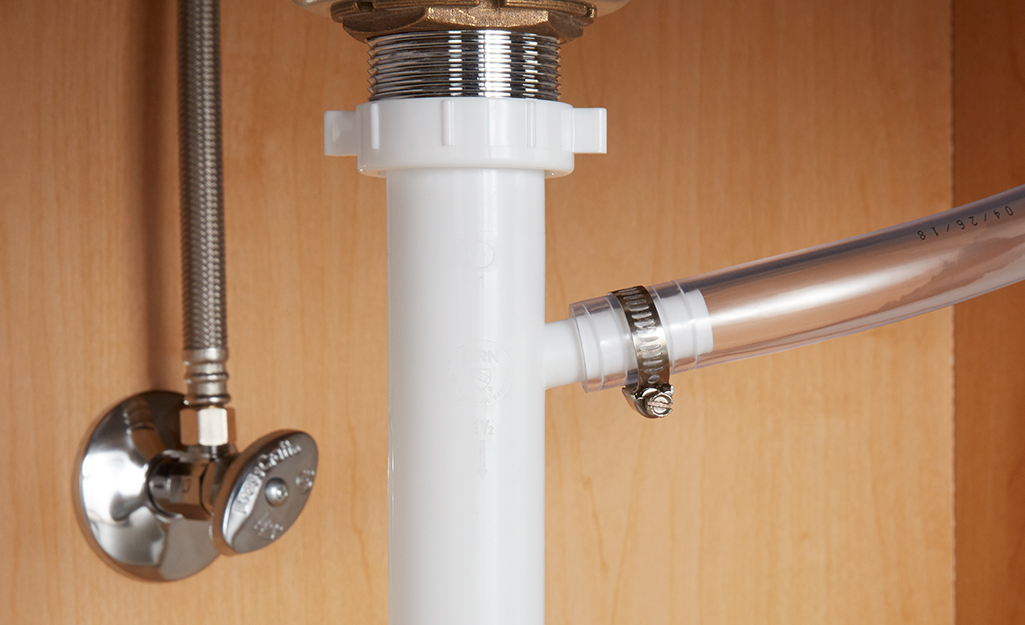If not addressed promptly, a leaking water supply line can cause significant damage to your home and lead to costly repairs. Recognizing the signs of a leak and knowing how to respond can save you time, money, and stress. This blog will guide you through the steps to take if you discover a leaking water supply line and when to seek professional water line repair services.
Signs of a Leaking Water Supply Line
Identifying a leaking water supply line early can prevent extensive damage. Here are some common signs to watch for:
Visible Water Puddles
One of the most obvious signs of a leak is the presence of water puddles near the water supply line. Check for any unexplained pooling water around your plumbing fixtures, appliances, or in your basement.
Increased Water Bills
A sudden spike in your water bill without a corresponding increase in water usage can indicate a hidden leak. Monitor your water bills for any unusual changes.
Low Water Pressure
A decrease in water pressure can be a sign of a leaking water supply line. If you notice that your faucets or showers have reduced water flow, it could be due to a leak.
Damp or Discolored Walls and Ceilings
Water stains, damp spots, or discoloration on your walls and ceilings are signs that water is seeping from a leaking supply line. If not addressed, these issues can lead to mold growth and structural damage.
Unusual Sounds
Listen for hissing or dripping sounds near your plumbing fixtures or walls. These noises can indicate a leaking water supply line.
Immediate Steps to Take
If you suspect or confirm a leaking water supply line, taking immediate action can minimize damage and prevent further issues.
Shut Off the Water Supply
The first step is to turn off the main water supply to your home. Locate the main shut-off valve, typically found near the water meter, and turn it off. This action will stop the flow of water and prevent further leakage.
Drain the Pipes
After shutting off the water supply, open all faucets and fixtures to drain the remaining water from the pipes. This step will help reduce pressure in the system and minimize water damage.
Assess the Damage
Carefully inspect the area around the leak to assess the extent of the damage. Look for signs of water damage, such as wet drywall, flooring, or insulation. Note any visible cracks or breaks in the supply line.
Temporary Fixes
If the leak is small and you need a temporary solution until professional help arrives, you can use a pipe clamp or rubber patch. These temporary fixes can help contain the leak and reduce water loss, but they are not permanent solutions.
When to Call a Professional
While some minor leaks might be manageable on your own, most water supply line issues require the expertise of a professional plumber. Here’s when you should call a professional for water line repair:
Persistent Leaks
If the leak persists despite your temporary fixes, it’s time to call a professional. Persistent leaks can cause extensive damage and require thorough inspection and repair.
Extensive Water Damage
If you notice significant water damage to your walls, ceilings, or floors, professional water line repair is essential. Professionals have the tools and expertise to handle complex repairs and restore your home.
Hidden Leaks
If you suspect a hidden leak within your walls or underground, professional plumbers can use advanced leak detection techniques to locate and repair the issue without causing unnecessary damage to your property.
Burst Pipes
In the case of a burst pipe, immediate professional assistance is crucial. Burst pipes can lead to severe water damage and require prompt and thorough repair to prevent further issues.
Preventing Future Leaks
After addressing the immediate issue, take steps to prevent future leaks and ensure the longevity of your water supply line.
Regular Inspections
Schedule regular inspections of your plumbing system to identify and address potential issues before they become major problems. Regular maintenance can help extend the lifespan of your water supply lines and prevent leaks.
Monitor Water Pressure
High water pressure can strain your plumbing system and lead to leaks. Install a pressure regulator to maintain optimal water pressure and reduce the risk of damage.
Insulate Pipes
Insulating your water supply lines can prevent freezing and bursting during cold weather. Proper insulation also helps maintain consistent water temperature and reduces energy costs.
Replace Aging Pipes
If your home has old or deteriorating pipes, consider replacing them with modern, durable materials. Upgrading your plumbing system can prevent leaks and improve overall water quality.
Conclusion
A leaking water supply line can cause significant damage if not addressed promptly. By recognizing the signs of a leak, taking immediate action, and seeking professional water line repair when necessary, you can protect your home and prevent costly repairs. Regular maintenance and proactive measures can also help prevent future leaks and ensure the reliability of your water supply system. If you suspect a leak or need professional assistance, don’t hesitate to contact a trusted plumber to safeguard your home.








